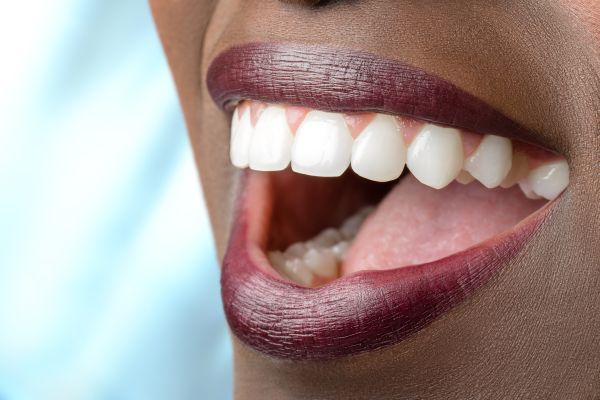General Dentist FAQs: What Active Ingredients Should I Look for in a Mouthwash?
Our general dentist recommends using mouthwash as part of your oral care routine. Doing so is not a substitute for brushing and flossing, but it does provide additional protection for teeth and gums as it cleans areas that brushing and flossing cannot reach or miss altogether.
A general dentist discusses how mouthwash helps with oral hygiene
Mouthwash can be used before or after brushing, but most manufacturers have a recommended way based on the active ingredients in the product. Ingredients like calcium hydroxide that are sometimes present in toothpaste can form complex molecules with fluoride ions in mouthwash, limiting its effectiveness. In such cases, rinsing the mouth with water after brushing and before using mouthwash would be more effective.
Our general dentist generally does not recommend mouthwash for anyone under the age of six. Mouthwash is not necessarily bad for children that age, but their swallowing reflexes might not be well developed at that point, possibly leading to intoxication, vomiting, or nausea.
The different types of mouthwash and their active ingredients
There are two main types of mouthwash: therapeutic and cosmetic. Therapeutic mouthwashes contain active ingredients that help to control dental issues like tooth decay, plaque, gum disease, and bad breath. Cosmetic mouthwashes temporarily freshen breath and they tend to have a better taste. However, they do not contain active ingredients that combat issues like the bacteria that lead to bad breath.
Some of the active ingredients that are often found in therapeutic mouthwash include:
- Peroxide: This has a whitening effect on teeth surfaces
- Fluoride: This helps to keep tooth enamel strong and reduces the risk of tooth decay
- Essential oils: These help to control the buildup of plaque on teeth surfaces. It helps to control the early stage of gum disease
- Chlorhexidine: This is used to control gingivitis and prevent plaque buildup
- Cetylpyridinium chloride: This is added to help fight against bacteria that cause bad breath
Here are some of the conditions that mouthwash can help to treat:
- Alveolar osteitis: Also known as dry socket, this condition is often a complication that arises after the extraction of a tooth. It occurs when the fibrin clot that forms in the socket after extraction to stop the bleeding is dislodged. It results in excruciating pain around the extraction site. Mouthwashes that contain chlorhexidine can help to prevent this
- Halitosis: Commonly known as bad breath, the condition is often caused by volatile sulfur compounds created by oral bacteria. Cosmetic mouthwashes can mask bad breath, but therapeutic rinses that contain antimicrobial agents like chlorine dioxide provide long-term control for the condition
- Tooth decay: This is one of the most common issues that dentists deal with. It is caused by acids created by oral bacteria. Mouthrinses that contain fluoride re-mineralize enamel, making it stronger and they help to prevent tooth decay
Take control of your oral health
Contact our clinic to learn more about how the different ingredients in mouthwash can improve your oral health.
Request an appointment here: https://dentalcareofmadison.com or call Dental Care of Madison at (601) 898-9390 for an appointment in our Madison office.
Check out what others are saying about our services on Yelp: Read our Yelp reviews.
